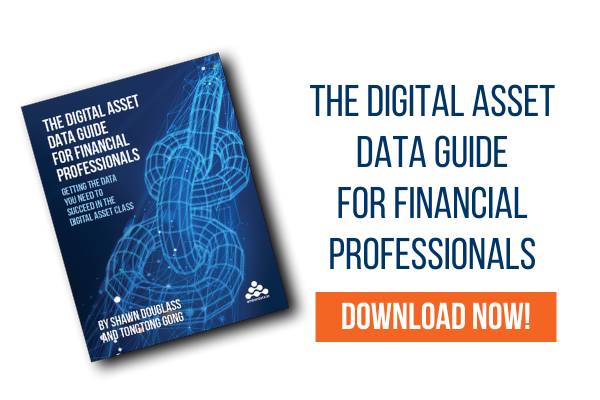
Institutional DeFi adoption is rapidly accelerating, in part because of the significant potential returns, but some unique risks need to be mitigated or managed as part of the investment process. As an emerging and largely unregulated sector, DeFi is, unfortunately, seen as an area of opportunity for bad actors as well as innovative entrepreneurs.
Two risks that are encountered due to the presence of bad actors are scam tokens and dirty coins. Fortunately, these risks can be mitigated by institutions through the use of data, protecting both the institution's reputation and investor funds.
Scam Tokens
Access to quality blockchain data can help avoid investing in tokens that turn out to be scams. One of the most common types of scams is the rug pull, which accounted for 37% of all scam revenue in 2021 according to Coindesk.
Crypto rug pulls are similar to "pump and dump schemes" found in traditional finance. A token gets rugged when its developers withdraw all or most of the investments made into their token by draining the liquidity pool, collapsing the token's value and leaving investors with nothing. Often, these withdrawals are covered up with the announcement of an alleged bug or hack that is responsible for the loss.
One example is the Squid Game coin, which was rugged in November of 2021. The coin's value collapsed from $2,860 to zero, while its creators made off with over $3 million.
Comprehensive blockchain data makes it easier to perform due diligence on a token before investing. In addition to researching the background of a token's development team (if the team is anonymous, it's a strong signal that the token may be a scam), having access to blockchain data will let you analyze the token's details, such as liquidity and holders. Reputable tokens are also more likely to have robust security measures and not be as susceptible to hacks or phishing attempts.
For an institution, investing in a scam token brings potential financial losses and reputational damage. The reputational cost can easily exceed any direct financial damages, as it puts into question the institution's ability to evaluate the assets they're managing.
Dirty Coins
The decentralized and anonymous nature of DeFi makes it attractive for bad actors looking to move around or launder ill-gotten gains. And unlike institutions, DeFi developers aren't subject to general securities regulations in the country in which they're based – and in many cases, these teams are distributed across many countries. As a result, institutions will need to use data to ensure they're not making investments into assets that bad actors are using for illicit purposes that could result in regulatory action.
To manage these KYC/AML risks within DeFi, institutions can leverage "blacklists" of wallets known to be used by or associated with criminals, terrorist groups, or other sanctioned entities.
They can then use transaction data from the blockchain to identify the tokens or coins that have been transacted through one of these wallets and avoid transactions with those assets.
Buying dirty crypto, even unknowingly, could subject the institution to regulatory action. It could also get the wallet used in the transaction blacklisted, creating additional problems.
Getting the Right Data
Since there are no centralized exchanges involved in DeFi, the blockchain is the only source of data. Because of the complexities involved with collecting and analyzing blockchain data, along with the risk of acting on inaccurate data sets, institutions should not try to collect this data themselves and should instead partner with a reputable digital asset data provider.
We built the Amberdata platform with institutional use in mind, providing data for all major blockchains with 24/7/365 reliability and without the need to build your own blockchain nodes. Get transaction data, mempool data, token prices and metrics, and more, all in data formats your teams are already familiar with.
Request a demo today to learn more about how the Amberdata platform can help power your entry into DeFi while mitigating the potential risks!
Amberdata
Amberdata is the leading provider of global financial infrastructure for digital assets. Our institutional-grade solutions deliver data, analytics and comprehensive tools and insights that empower financial institutions to research, trade, and manage risk and compliance in digital assets. Amberdata serves as a...